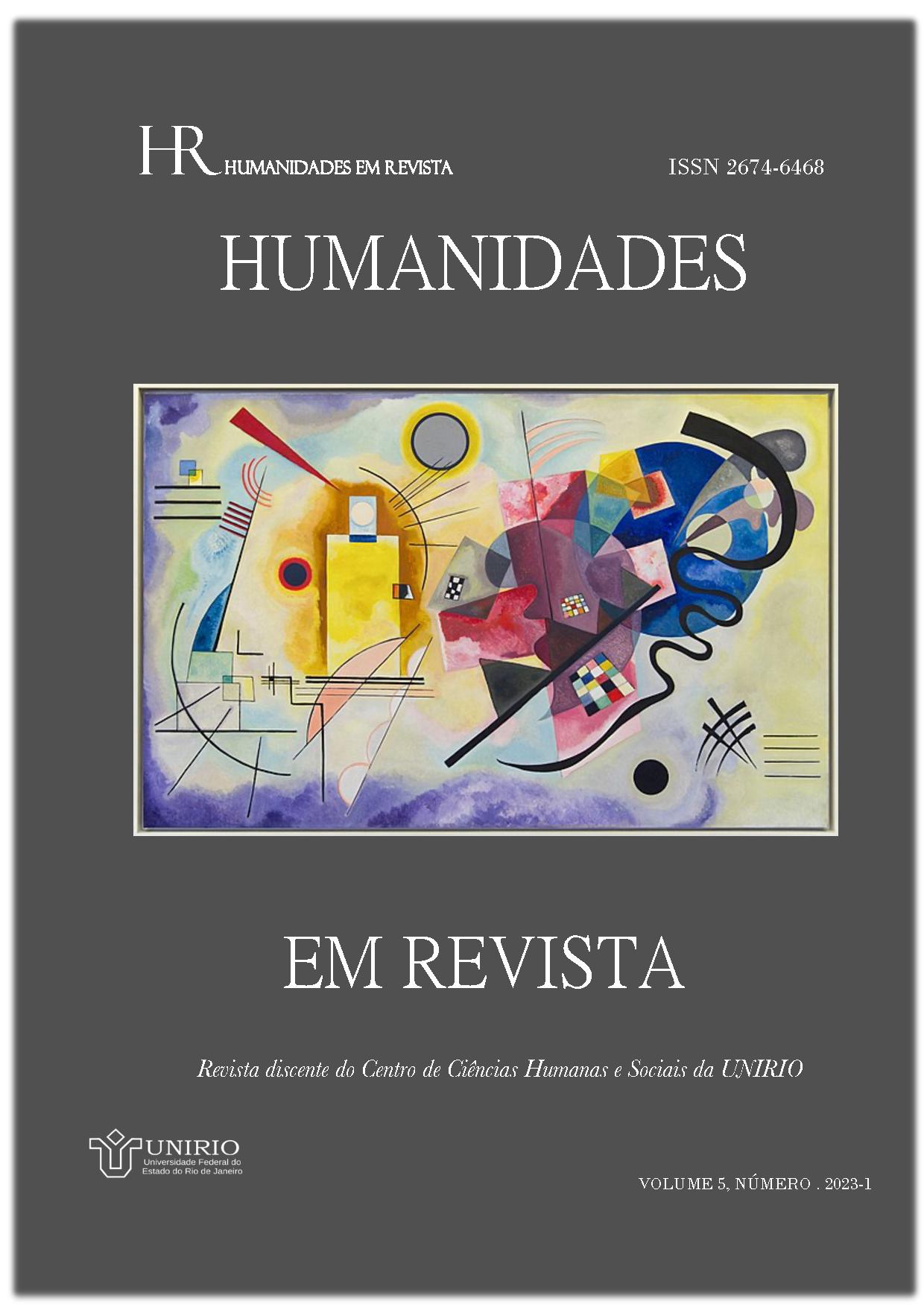A REFORMA PEREIRA PASSOS 1902-1906 NO RIO DE JANEIRO E A CONTRIBUIÇÃO PARA O SURGIMENTO DA FAVELA
Keywords:
Favela, favelização, segregação, racismo de Estado, reformaAbstract
The present work brings an analysis of the process of slumming in Rio de Janeiro, that is, the psychological and social reasons that feel anxiety for the creation of slums and their existence as an urban phenomenon. The work permeates the social context of the urban reform of Mayor Pereira Passos, in the first half of the 20th century, and the impacts on the city of Rio, being the center of the region more secure. In addition, other analyzes such as occupations in hills and slopes, ineffective housing policy creating a socio-spatial segregation in the city where regions would be inhabited by certain types of different social classes. The text also brings the stereotyped view of dangerous classes by the press together with the city's territorial organization mechanism and state racism as a condition for understanding the social issue of the black population in Rio de Janeiro, the most expressive of the hills and asphalt slums of the city. City.
Downloads
Downloads
Published
How to Cite
Issue
Section
License
Copyright (c) 2024 Eliel Cruz de Morais

This work is licensed under a Creative Commons Attribution-NonCommercial-NoDerivatives 4.0 International License.
Os direitos autorais de qualquer trabalho publicado na Revista pertencerão aos autores. Não haverá qualquer pagamento pela publicação na Revista e a aceitação dos originais implicará na aceitação das condições descritas nas informações sobre a revista constantes do escopo e de todas as regras apresentadas, assim como o respeito à legislação e às normas vigentes concernentes a publicações. A UNIRIO e seus entes subordinados não se responsabilizarão por quaisquer equívocos, questões e contendas entre autores, participantes e/ou entes institucionais que sobrevenham às publicações. O e-mail do autor será disponibilizado no trabalho.
A revista oferece acesso livre imediato ao seu conteúdo, seguindo o princípio de que disponibilizar gratuitamente o conhecimento científico ao público proporciona maior democratização mundial do conhecimento, sempre dentro dos limites da legislação de direito de autor e de direitos conexos. É adotada a licença Crative Commons do tipo “Atribuição-Não Comercial-Sem Derivações 4.0 Internacional (CC BY-NC-ND 4.0)”, acessível em: https://creativecommons.org/licenses/by-nc-nd/4.0/legalcode.pt , segundo a qual, em linhas gerais, é permitindo fazer o download dos trabalhos e o seu compartilhamento para fins educacionais, desde que sejam atribuídos os créditos a seus autores, citando também o repositório dos trabalhos, e sem que se possa alterar o material de nenhuma forma ou utilizá-lo para fins comerciais.





 Qualis/CAPES 2021- 2024 B2
Qualis/CAPES 2021- 2024 B2 Diretório das revistas científicas eletrônicas brasileiras
Diretório das revistas científicas eletrônicas brasileiras




